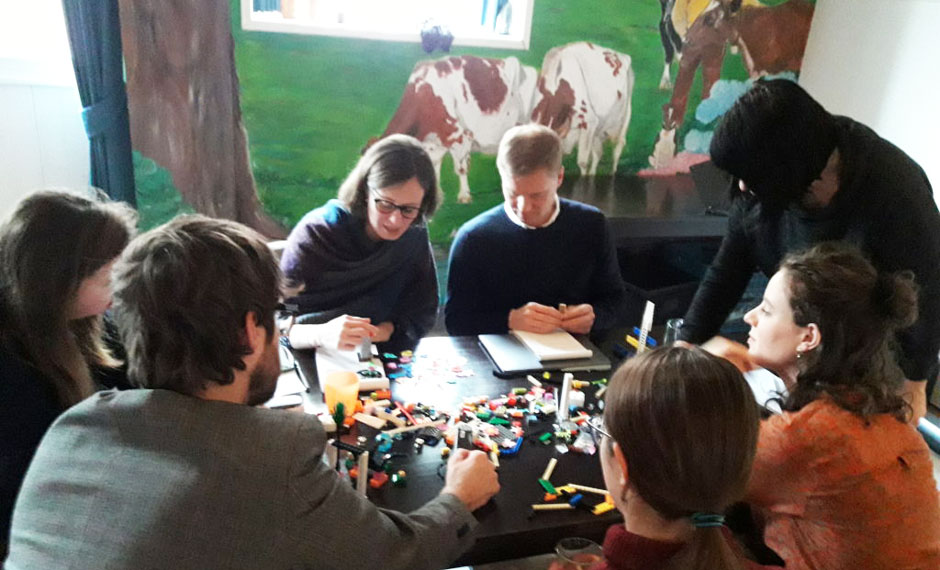As digitisation profoundly changes how science is communicated and by whom, a survey conducted by researchers within the RETHINK project has investigated what science communicators perceive their role to be, which tools they use and what they are trying to achieve through their activities.

The motivations and working practices of science communicators across Europe have recently been investigated by the EU-funded RETHINK project. VA (Public & Science), a partner in the project, was involved in the distribution of the online questionnaire in Sweden, which was also carried out in Italy, the Netherlands, Poland, Portugal, Serbia, and the UK.
The majority of respondents included ‘traditional’ science communicators, such as journalists, press officers, freelance communicators, researchers, and university lecturers. Responses were also received from those who communicate science predominantly online, such as bloggers, YouTubers and social media influencers.
A role to ‘inform’ and ‘educate’
For the majority (91%) of science communicators in each of the participating countries, ‘seeking to inform the public about science’ is their primary motivation. Educating the public is also common. In addition, a fairly high proportion (65%) say that they are seeking to create conversations between researchers and the public through their work.
However, some national differences can be also seen. ‘Creating conversations’ is deemed the third most important motivational factor in Italy, the Netherlands, Sweden and the UK, but fifth in Portugal, while ‘countering misinformation’ is seen as a less important motivation in Sweden and the Netherlands, than in Poland and Portugal. Notably, relatively few respondents (23%) seek to ‘reach underserved audiences’, a challenge which the Rethink project is keen to investigate further.
Reliance on written formats and social media
Writing for the public continues to be an important form of science communication across Europe (56%) but new media is being increasingly used to communicate science, with 58% of respondents regularly using ‘social media for public engagement or outreach’. Organising public events, giving public talks, participating in science festivals and working with schools are also common.
Podcasts are one tool that has not been so widely adopted, with only 19% of respondents having ever made a podcast. There is also relatively little use of virtual reality and virtual museums in either a personal or professional capacity (22%), and these tools are not used by any respondents from Sweden or Poland in a professional capacity.
In terms of factors that influence communicators’ decisions on what type of content to communicate, ‘relevance to society’ of the research is the most important factor. The ‘scientific merit’ of research and ‘human interest of the story’ are both important too.
Lack of time is the greatest barrier
When it comes to barriers to communicating science ‘lack of time’ is perceived as the largest barrier, followed by ‘lack of resources’, in many countries, including Sweden. Only 6% of respondents mentioned that the ‘negative perception towards the role of science communication from their peers’ prevents them from being more involved in science communication activities.
The report is written by researchers at the Science Communication Unit at the University of the West of England. Download the full report here.

RETHINK is an EU-funded Horizon 2020 project that aims to bring about meaningful, long-term change in science communication to maximise the opportunities and overcome the challenges of today’s science communication landscape. VA (Public & Science) is a third party in this project.
